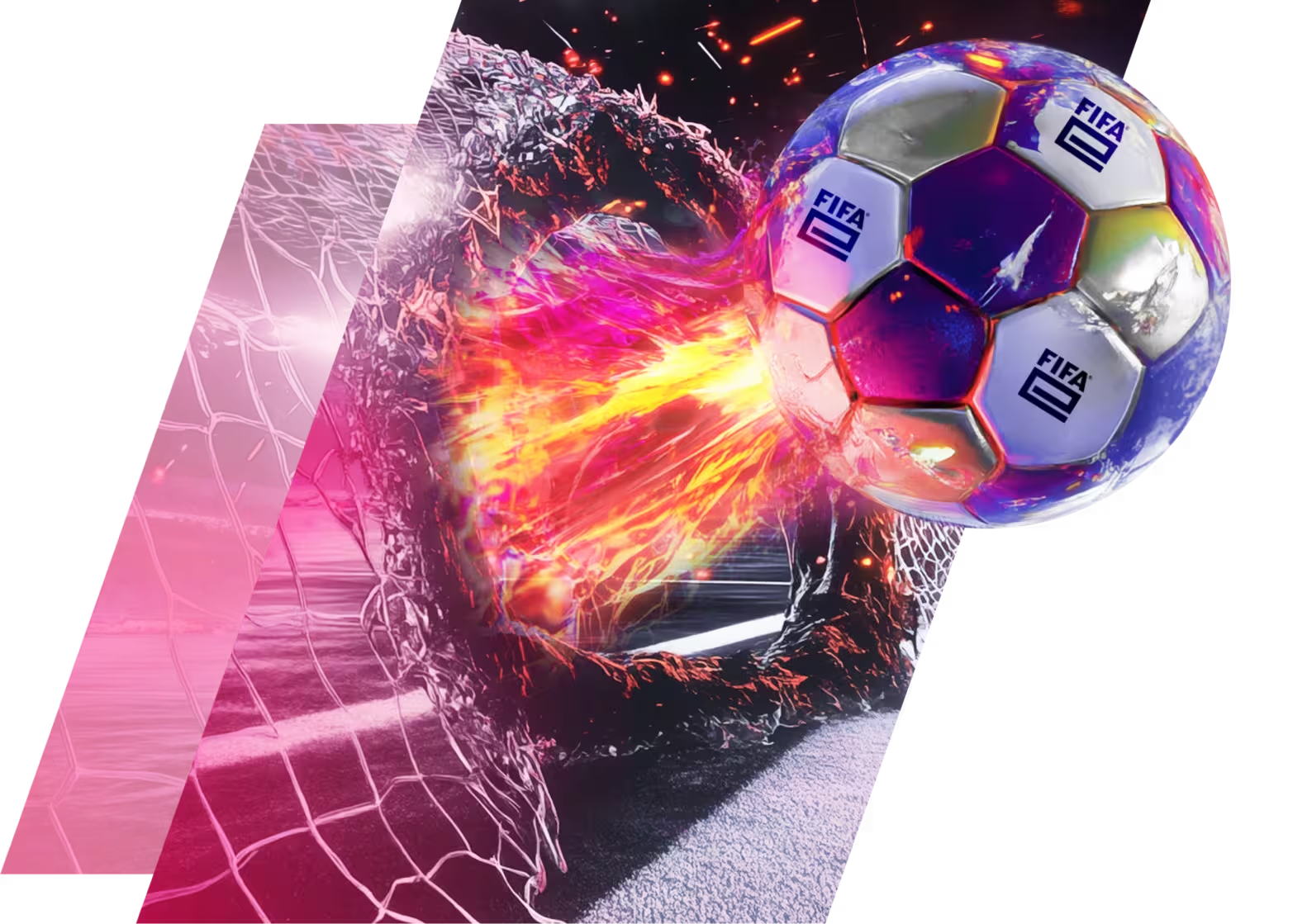Reason to trust

How Our News is Made
Strict editorial policy that focuses on accuracy, relevance, and impartiality
Ad discliamer
Morbi pretium leo et nisl aliquam mollis. Quisque arcu lorem, ultricies quis pellentesque nec, ullamcorper eu odio.
Mythical Games has done it again, notching up one million downloads for its latest mobile game FIFA Rivals. There are a few things that make this feat remarkable, not least the speed with which it has happened – the game was only released in May. What’s more impressive, however, is that this isn’t the first time Mythical have done this. In fact it’s the third, following similar one-million milestones with Blankos and NFL Rivals.
Indeed, NFL Rivals has been one of the most successful web3 games to date, surpassing 6 million downloads and counting. Which brings us to the other noteworthy thing about a studio surpassing a million downloads: this is web3, where such achievements are the exception rather than the norm. To achieve one million-mark web3 game is impressive. To achieve three such games in succession is unheard of. So what’s going on at Mythical and why have they succeeded where other web3 developers have faltered?
What Lies Inside Mythical’s Web3 Playbook
There’s a formula that Mythical has hit upon and which it’s adroitly replicated with FIFA Rivals. Sure, all of its games to date have been highly playable, community-focused, with lush graphics, a gentle learning curve and all the other ingredients that go into a successful game. There are no surprises here: these fundamentals are the bare minimum for creating a game that achieves mass appeal. But the real secret to Mythical’s meteoric rise concerns the following three components: web3 abstraction; brand licensing; and sports.
Let’s unpack how that works, going from back to front. The sports part is obvious: Mythical Games has found its niche in releasing sports games that tap into ready-made global fanbases who are seeking a combination of PvP action and dream team building. They don’t just want to play US football or soccer: they want to play it as their favorite sports stars. Which brings us on to the second way in which Mythical has struck gold: licensing.
NFL Rivals was built with the endorsement of the NFA. FIFA Rivals was built with the say-so of FIFA. The game has been further enhanced by a licensing deal with adidas, which has been providing exclusive jerseys, footballs, and other digital collectibles for players. These deals have given Mythical’s games legitimacy, particularly in the eyes of mainstream sports fans who otherwise might not have looked twice at a web3 game. Which brings us on to the last reason why Mythical has made one million downloads per game its baseline – abstraction.
Web3 That Feels Like Web2
It’s no secret that web3 games developers have empirically struggled to get the balance of blockchain just right. The first wave of web3 games were too token-heavy, with unsustainable economies and onboarding issues due to the need to connect a web wallet just to play. The next wave of web3 studios, Mythical Games among them, have learned that blockchain should be a feature but not the feature. In practical terms, this means abstracting the web3 stuff, such as in-game assets being represented as NFTs, allowing players to dive straight into the game with no messing around.
Put those three elements together – blockchain abstraction, licensing, and sports – and you’ve got the recipe that’s made Mythical the kings of cooking up hit after hit. It’s not a rigid formula, it should be noted – it also hit the mark with Blankos, which isn’t sports-based. But for its big hitters – NFL Rivals and FIFA Rivals – the focus on sports and delivering memorable fan experiences has been key to Mythical’s success. It’ll doubtless switch things up at some point to keep its community guessing and fans fresh, but for now, Mythical has its sights set on more immediate deliverables, like doubling up again to hit 2M downloads with FIFA Rivals. At the current rate, that shouldn’t take long.


















